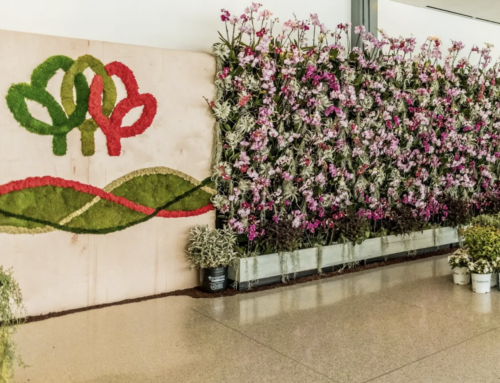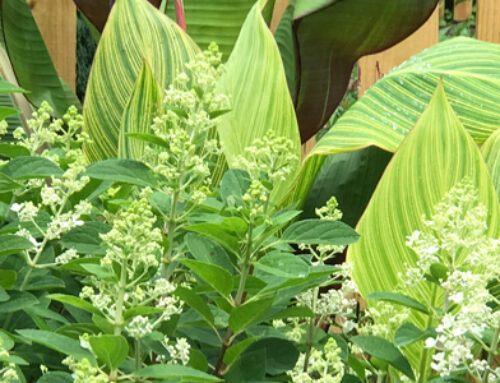A virus is dominating our world when spring should be. For the many of us in the north, we should be bursting out of shops, greenhouses, pole-barns, and offices into fields or trucks and returning to what we do best. The inertia of COVID-19 has put a halt to our launch. We must wait for the word to go, but the plants of spring; don’t, they go and they grow. Spring does that to plants and there is nothing that can stop it. We can only hope to catch them before they go too far.
Recently, I came across a reference on medicinal plants and thought: a message on any kind of healing at this time might help keep us in a positive light. There are specific plants the growers in the US raise that have a history of medicinal applications. At this time, we can highlight some of them and periodically review others in future posts.
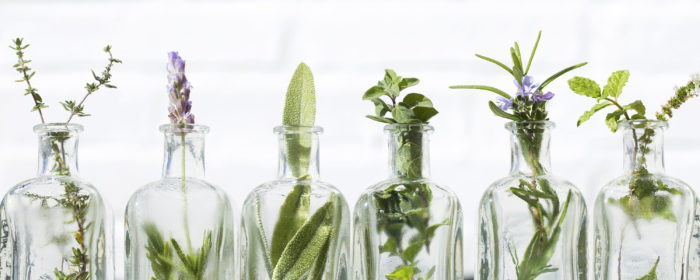
Best to issue a disclaimer on this topic as we wouldn’t want prompt self-medication with plants discussed. Before ingesting, snorting, smoking, and whatever method used to consume a plant that promises health benefits –always consult your doctor first.
It is important to emphasize that although these plants have brought about healing or health improvements, the concern remains that more research is necessary for the plant component to be effectively administered. Concentration of the key beneficial chemicals might vary from plant to plant, and with those with numerous species, vary within a genus. In different seasons, the concentration levels might change from medicinal to toxic. These concerns critically impact the dosage amounts. One plant might have levels that yield no results, and the same plant species from a different location could have levels that are harmful. All that said, we acknowledge there is an on-going search to find cures for what ails us. Since many of our medicines have their origins in plants, there is merit in continuing to conduct research to find the beneficial properties.
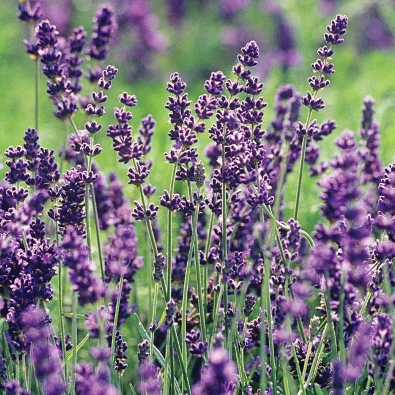
Lavender (Lavandula) – the essential oils extracted are used for skin & beauty products and the soothing fragrance is used extensively for a variety of purposes. Medicinal use dates back to the Roman Empire as an anti-inflammatory and antiseptic. Promising research has shown the oil extract to be successful in suppressing fungal diseases on the skin, improving wound healing, and reducing anxiety.
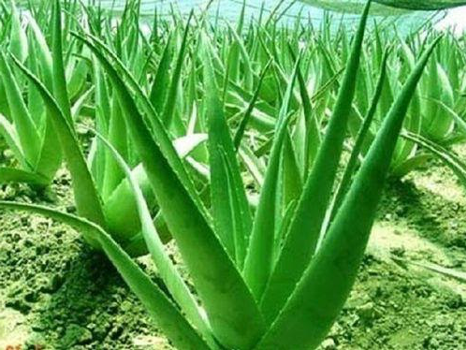
Aloe vera – the use and effectiveness are well documented for application on burns and wounds. The healing process is accelerated by aloe gel.
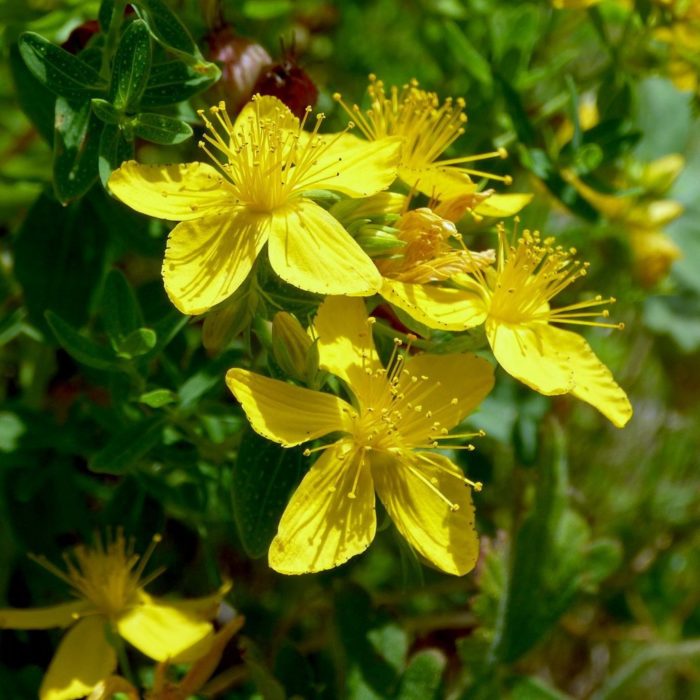
St. John’s Wort (Hypericum) – far more popular in Europe, and most research has been done by the Germans. St. John’s Wort is used as an antidepressant and for gastrointestinal disorders. It is worth noting the folks at Bayer pharmaceuticals are focused on this plant and are researching it extensively.
(Photo: Sow True Seed)
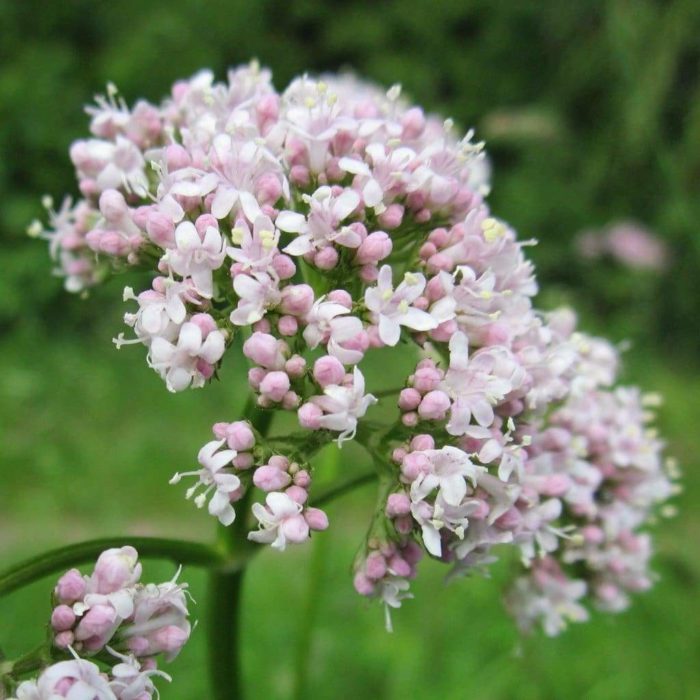
Valerian (Valerian officinalis) – touted as a sedative for nervous unrest, some data shows it is helpful in falling asleep. It can be used for flavoring such a root beer (though I’ve never felt sedated or even sleepy after chugging root beer).
(Photo: AmkhaSeed)

Sunflower – Medicinal Horticulture Society of Massachusetts reports that a tea made from the leaves acts as an astringent, a diuretic, an expectorant, can reduce fevers, and is effective as a cleaning compound for floors. Now that is a medicinal plant that covers a lot of territory, but that is in Massachusetts and may not be magical elsewhere.
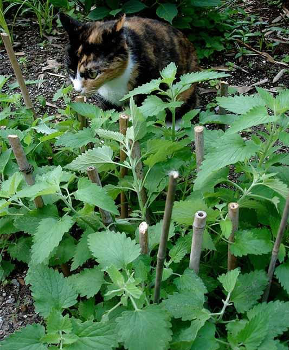
Catnip (Nepeta cataria) – has been used over the years to alleviate toothaches, fevers, and act as a sedative. Though the effect on humans is calming, it is famous for inducing hallucinogenic reactions in cats. I have not witnessed this, only heard stories. Promising applications are noted with the use of Catnip as a natural ingredient in insecticides. What a bonus; not only will it get your cat high but it might kill its fleas to boot.
Their fruit shall serve for food and
their leaves for medicine.
Ezekiel 47:12
-Rob McCartney, Horticulturist
Please feel free to contact me with any questions or for more info at:
Connect with us on social media!
Instagram | Facebook | Twitter | Website

